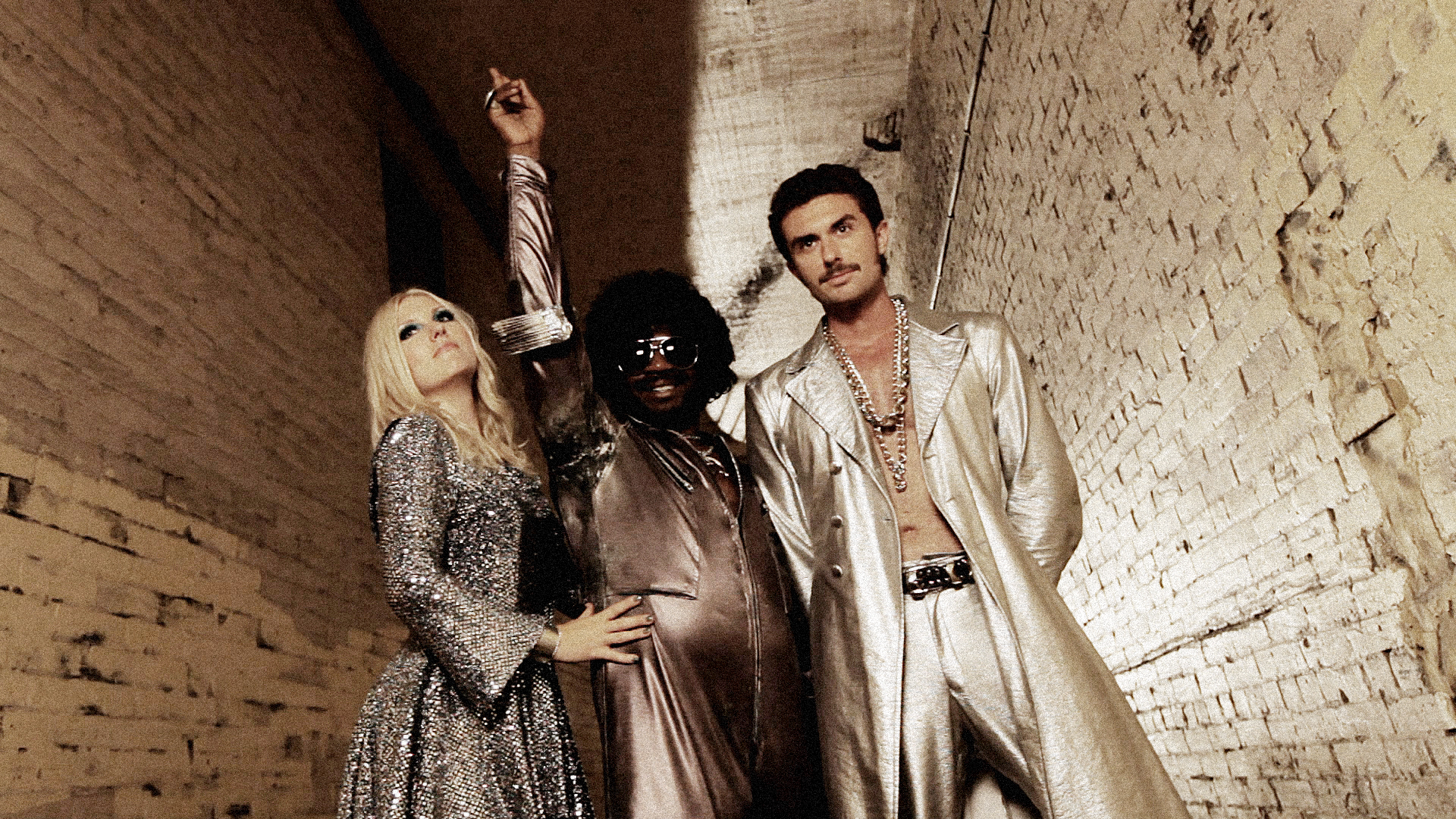The Secret Disco Revolution
Opens Fri., June 28 at Varsity. Not rated. 84 minutes.
Do a little dance. Make a little love. Get down tonight. If you suspect that this nugget is not merely the chorus from a disco song but also philosophy to live by, you might be ready for The Secret Disco Revolution. This documentary attempts to place the glitter ball and “The Hustle” back in their proper cultural context. Or any cultural context. Director Jamie Kastner straps on his platform shoes and pukka-shell necklace and goes to bat for a much-maligned musical era, which, he argues, has more social significance than we give credit.
There was a secret agenda behind disco, Kastner suggests: The music was a Trojan horse for the advancement of gay rights, African-American artistry, and women’s sexuality. All of a sudden, “Right Back Where We Started From” might need another listen. Kastner plays it tongue-in-cheek. To balance the erudite academics on screen, he includes vignettes of three actors, costumed as the worst Mod Squad imitators ever, who wander around carrying a disco ball while a narrator describes—in hilariously sober tones—the plan to smuggle the gay/black/female revolution into America.
The musicians themselves, happily recalling disco’s daffy heyday for Kastner’s camera, were unaware of this revolution . . . or so they would like you to think. The engaging roster includes Gloria Gaynor, Thelma Houston, and Robert Kool Bell (of Kool & the Gang); they’re a fun group—and who knew one-hit wonder Maxine Nightingale was so right on? Only Harry Wayne Casey (that’s KC of KC and the Sunshine Band) comes off as a pompous ass—a disillusionment for those who cherish “(Shake Shake Shake) Shake Your Booty” and “I’m Your Boogie Man.”
Disco’s tawdrier hangover is described, too, with the usual attention paid to the nightly coke-snorting bacchanal at Studio 54 and the infamous Disco Demolition Night at Chicago’s Comiskey Field in 1979. Even then, the latter event—a crowd rioting in celebration after a box of disco records was detonated in the outfield—was written about as having racist and homophobic overtones.
The Village People have their own take on the meaning of it all: They are shocked, or at least annoyed, at Kastner’s suggestion that their songs are anything other than good-timey dance music for those who enjoy the YMCA, the Navy, or macho men. Gay subtext? They’ve never heard of such a thing.
My peers at Blanchet High School voted “Get Down Tonight” our class song, so I can hardly be objective. Whatever its flaws as a movie, or even as a history of disco (I must subtract points for the omission of George McCrae’s seminal “Rock Your Baby”), this film serves up the tangy atmosphere of a weird era—all to a maddening 4/4 beat.
film@seattleweekly.com







